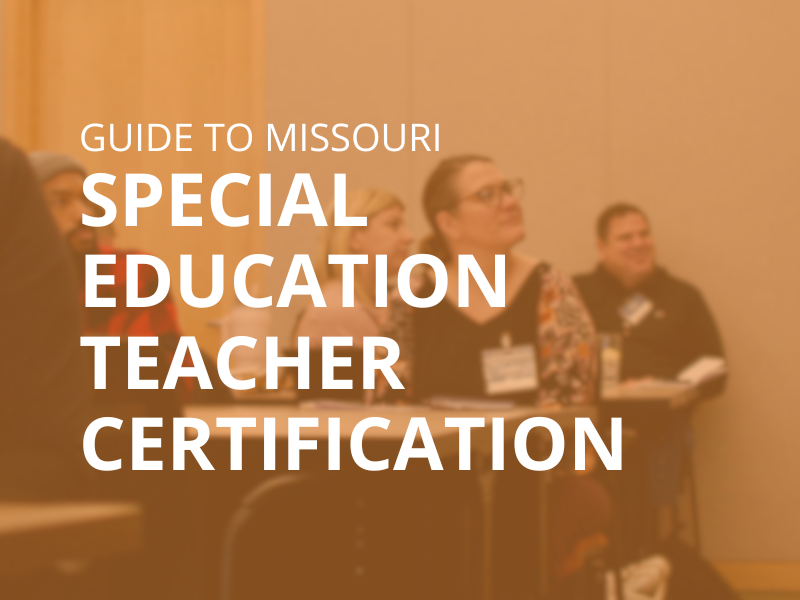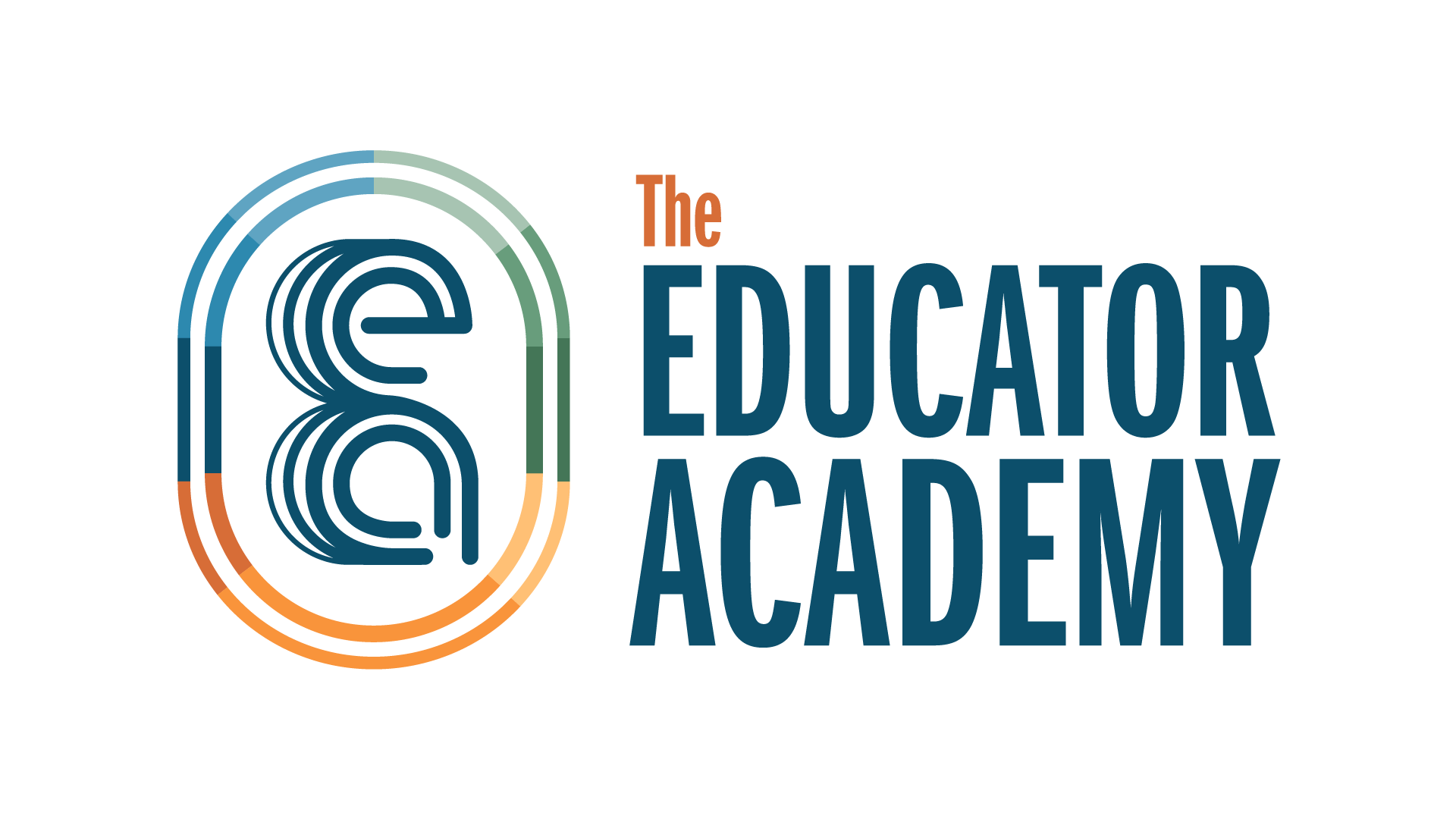
Preparing more special education teachers for certification is essential for providing an equitable education. All students deserve a quality education. Public schools have the responsibility to provide an equitable education to all students in the district. This means providing the services, tools, and resources that are needed to help the child succeed within the education context. Certified special education teachers are a key component of meeting the needs of students with disabilities. SPED teachers play a critical role in supporting students with diverse learning needs, including those with disabilities. Their expertise and dedication contribute significantly to creating inclusive and supportive learning environments where all students can thrive. However, to become a certified special education teacher, individuals must navigate through a series of requirements. This guide aims to illuminate the process and offer guidance to future special education educators.
Understanding Special Education Teacher Certification
Just like any content area certification process, special education teachers are certified via the state in which they teach. Teacher certification is an official process that communicates that you have met the state standards for teaching requirements. Through a certification pathway, special education teachers are equipped with the knowledge, skills, and strategies to address the unique needs and opportunities of students with disabilities.
Special education certification is often broken down into multiple different domains, typically correlating to age and type of disability, rather than the exact subject matter taught. For example, Missouri has five special education certification areas.
|
Special Education Certification Areas |
Grade Level Qualified to Teach |
| Blind and Low Vision
|
Birth to Grade 12
|
| Deaf & Hard of Hearing
|
Birth to Grade 12
|
| Early Childhood Special Education
|
Birth to Grade 3
|
| Mild/Moderate Cross-Categorical Special Education
|
Grades K-12
|
| Severely Developmentally Disabled
|
Birth to Grade 12
|
Learn which certification area is right for you
Unless you already have experience in the classroom and experience working with children with disabilities, consider getting experience to see if this is the right fit for you. When determining if education is the right fit for you, be sure of your why. There are many ways to work with students, and many jobs that work with students with disabilities. Knowing your why for teaching will help your following decisions. Try volunteering at a local school. However, if that’s not an option you can learn from other’s experiences. Try following individuals online who work with different student groups to see which population and certification area might be the best fit for you.
Special education teachers can also share their perspectives with you on the unique aspects of being a special education teacher. For example, while all teachers have administrative responsibilities and challenges within their role, special education teachers have additional responsibilities. This might include making updates to a child’s Individualized Education Program, otherwise known as IEPs. This is a plan that outlines the needs and services a child is to receive in alignment with their special education needs. Understanding how to utilize an IEP will most likely be something covered in your certification program, but understanding the practical elements of the role ahead of committing to a certification program is ideal.
Special Education Teacher Certification Programs
Special education certification programs will provide you with the tools, resources, and strategies you need to lead instruction and manage classroom behavior. The content you cover within a special education certification program will be geared toward the students you will be working with and their unique contexts. Typically programs include coursework, practical training, and a clinical practicum. Through these training opportunities, pre-service special education teachers gain the competencies required to support their students’ development.
When deciding what program is best for you there are many factors that you should consider, including:
- Financial package – how much will the certification cost? Can you work while enrolled? If not, are there other avenues for receiving compensation for your time?
- Program Structure: Are you looking for an online program? Are you wanting something part-time? Are you looking to be a certified teacher as fast as possible? Knowing what you want can help you determine which program structure is the best for you.
- Supports offered: Some programs are minimal with their support and merely provide a platform for you to earn your teacher certification. Other platforms have additional resources and benefits like mentorship, coaching, continued professional development, and more. Knowing yourself and what support you need will help narrow your choices.
- Certification area: Some programs may only offer certain special education teacher certifications. If there is a specific certification that you want to pursue, be sure to ask what type of certification they offer to ensure it aligns with your career goals.
There are a lot of options for certification programs. Determine which certification program is the best fit for you. Some programs prioritize efficiency, others prioritize, cost, while others prioritize development and support. Knowing what is important to you in your certification journey will help you make the best decision for you.
Certification Program Requirements
Most schools will require you to have obtained a special education certification or licensure (the nomenclature of this credential varies by state) to work as a special education teacher. To become a certified special education teacher, individuals must fulfill specific requirements established by the state in which you will be teaching. Likewise, specific certification programs may have additional programmatic requirements. These requirements can vary, but generally, you can expect the following requirements:
Educational Background
Most states will require individuals to have completed a bachelor’s degree from an accredited institution. However, if you already have a bachelor’s degree in something unrelated to special education, that’s ok! While a degree in a related field like psychology, child development, or education is beneficial, there are other options for certification beyond going back to get an additional undergraduate degree. Additionally, some states may have GPA requirements to be qualified to teach. Check with your state’s education department to confirm any additional coursework prerequisites.
Classroom Experience
While coursework will prepare you with tools and resources, spending time in the classroom with students will allow you to hone your skills and prepare for your classroom. That is why most states require teacher-supervised practicum experiences, sometimes called student teaching. The experiences you gain in the classroom allow you to take the theory you are learning in your own coursework and put it into action. This also allows you to get feedback from the teacher you are paired with providing you insights and tips into how to lead instruction and engage with students effectively.
Testing
Each state has its own testing requirements. Within Missouri, they use the Missouri Content Assessment (MoCA), while other states like Kansas use the Praxis. While the content and structure of the exam vary, they are all designed to assess the future teachers’ content knowledge and skills.
Additional Certification Requirements:
In addition to the three core areas listed previously, each state and each certification program may have additional requirements for special education teacher certification. Some examples include CPR and first aid training, background checks, and fingerprinting. In addition, candidates for certification have to apply for certification through the Department of Education’s website.
Career Growth Beyond Certification
Earning your special education teaching certification is just the beginning! Once you have your teacher certification there are many opportunities to grow in your teaching career. Below we outline some key moves you can make to develop your career.
Continued Professional Development
Learning and development is important in many industries, but it is especially important in education. In essence, as the world evolves, new science and technology emerge, and the needs of children adapt there are always new things to learn! Some certification programs, like The Educator Academy’s certification programs, offer continuing professional development and coaching.
If you choose a certification pathway that doesn’t have development included beyond your certification process, check what options are offered at your school. Some districts and schools have instructional coaches or mentorship programs for new and novice teachers. Thus, they can provide you with specialized resources and training for your context. Research shows that the first few years are essential for teacher development. So, if you don’t find your stride in the first year, don’t fret. It’s normal for teachers to take a bit of time to adjust to the role.
Seek Mentorship
Finding someone you connect with is a great resource. Through The Eductor Academy’s residency program, residents are paired in a mentor teacher’s classroom for an entire year while they seek their certification. This arrangement lays the foundation for potential career-long connections!
If you aren’t a part of an organization that offers structured mentorship, there still might be opportunities to find a mentor in your school. Even if they don’t have a formalized process, veteran teachers are often willing to give you tips or allow you to shadow them. Connect with other more tenured SPED teachers in your school or district. Once as you have an established relationship, you can ask to watch them teach during your plan, or ask to co-lesson plan together.
Establish Support Networks
Just like it can be impactful to learn from others with more experience than you, it can also be impactful for novice teachers to connect. Reach out to other new teachers in your school. Even if they do not teach special education, you can find solidarity in the experience of your first year in the classroom together.
Grow your skills
After you have established your professional practice, consider investing in novice teachers. You could serve as an informal mentor to a new teacher, or consider a formalized mentorship program like The Educator Academy’s mentor program.
Earn your special education certification
If you want to be certified in special education, then join The Educator Academy’s teacher residency program!

